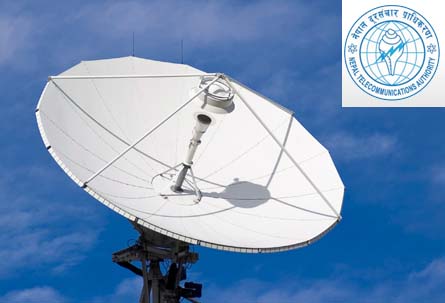NTA to crack down on grey market mobile phones
Kathmandu, January 15
In a bid to crack down on sale of illegally procured mobile phones, the government will introduce a system under which the Subscriber Identity Module (SIM) cards of telecom companies will not function in unregistered mobile devices.
Nepal Telecommunications Authority is preparing a guideline to enforce such a system to render useless handsets that arrive in the market via illegal channels.
In a simpler sense, mobile phones whose International Mobile Equipment Identity number is not registered at NTA will not accept SIM cards of any telecom companies once the authority enforces the system.
Min Prasad Aryal, spokesperson for NTA, said the authority would appoint a third party to develop the system to render inoperable unregistered handsets soon. Aryal said the third party firm would connect its system to the network of all telecom companies in the country and make SIM cards in unregistered handsets dysfunctional.
Aryal said the new system would be implemented within a few months.
“We’ll be submitting guideline to enforce the system to the Cabinet soon,” said Aryal.
He added that importers and traders of mobile phones in the country had been notified about NTA’s initiative to make SIM cards inoperable in unregistered sets.
NTA had made registration of new mobile phones mandatory for domestic mobile dealers and individual importers from April 13, 2016, to discourage smuggling of handsets. Moreover, NTA had announced that unregistered mobile phones would become dysfunctional from April 1, 2017. However, NTA deferred the deadline, as its implementation could have affected a large number of mobile phone users.
Since NTA made registration of IMEI numbers mandatory for handsets, IMEI numbers of almost 15 million mobile phones have been registered at NTA offices so far.
One calculation based on the available government data suggests that more than 11,000 mobile sets enter the domestic market every day.
NTA officials claimed that the flow of illegal handsets in the domestic market has come down significantly since it made IMEI registration of handsets compulsory. However, they suspect around 10 per cent of handsets available in the market were brought in through illegal channels.






